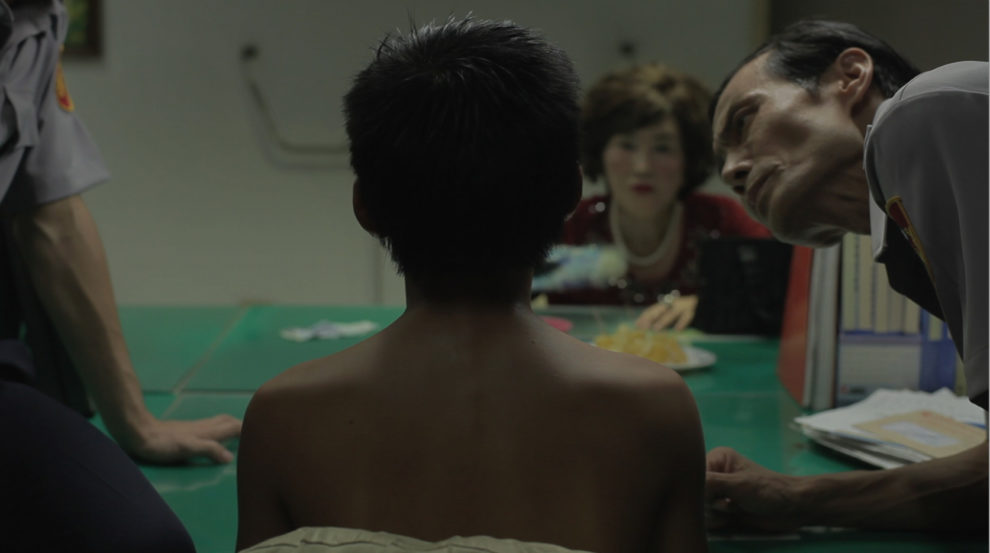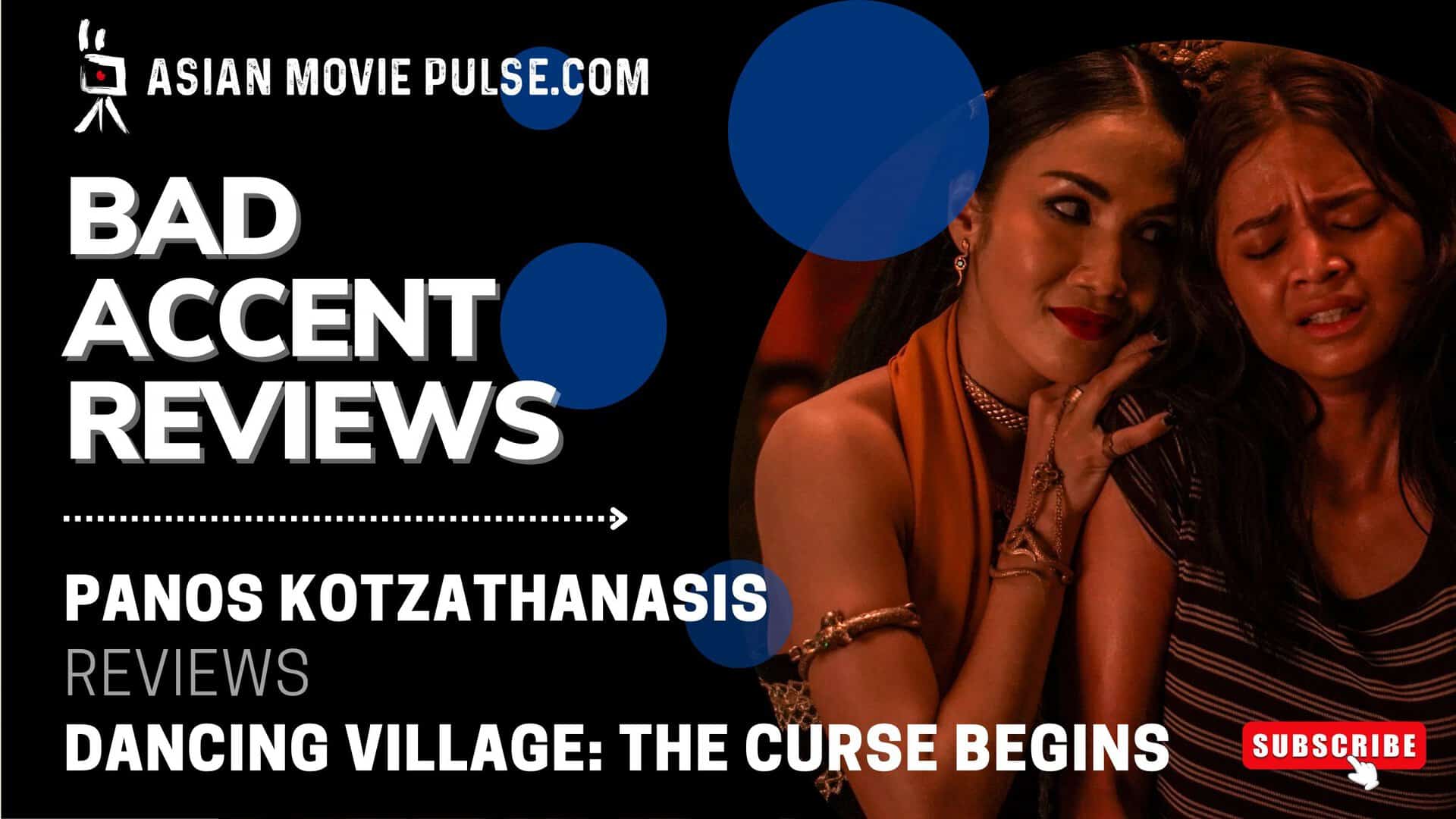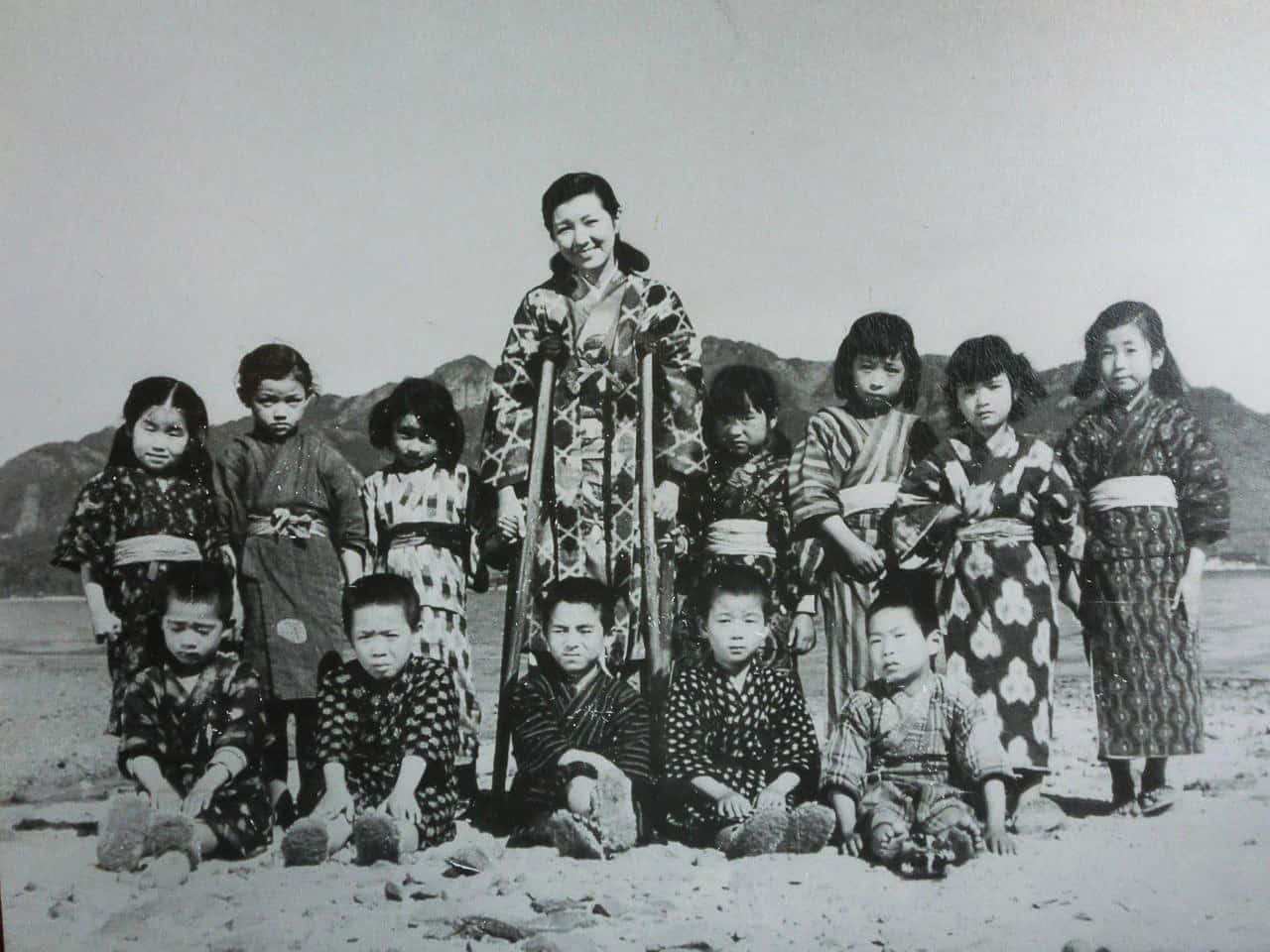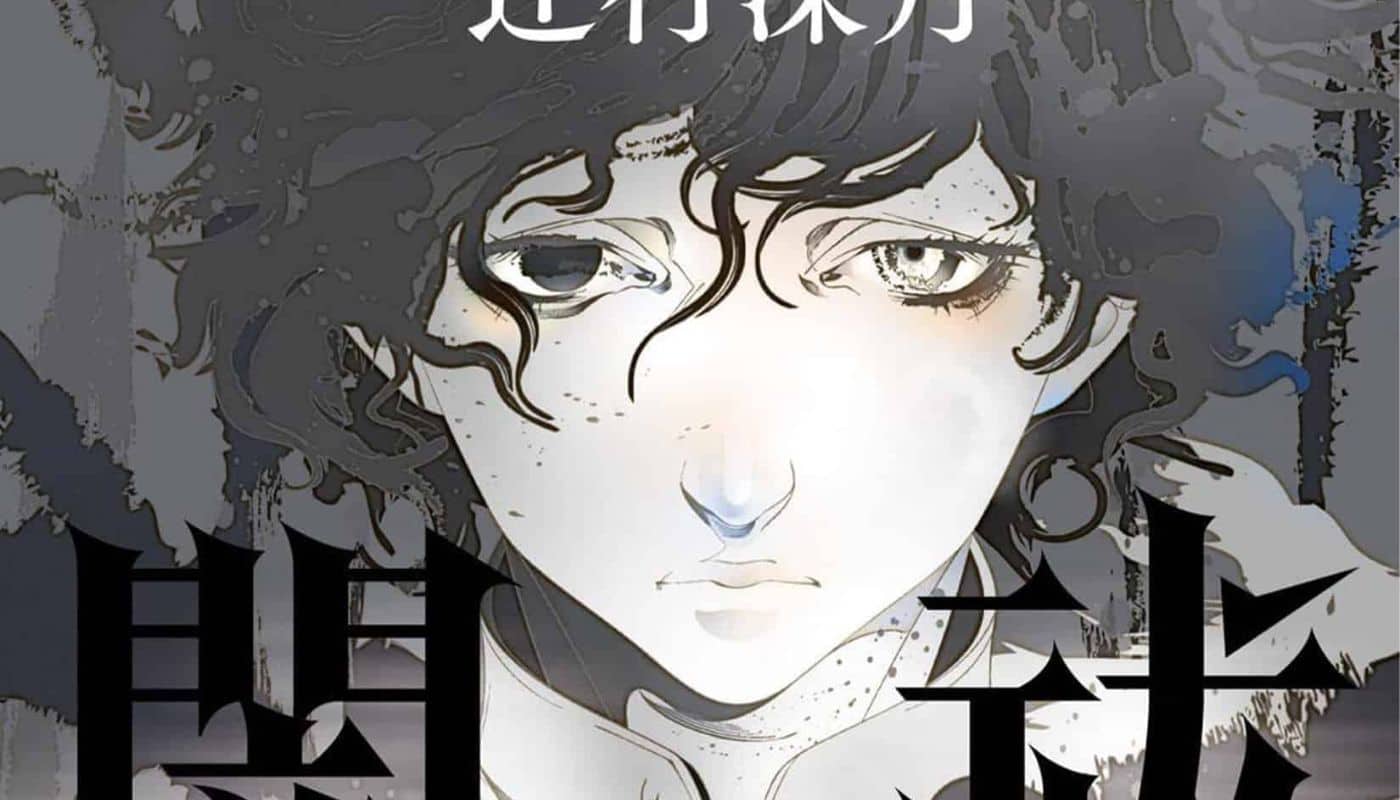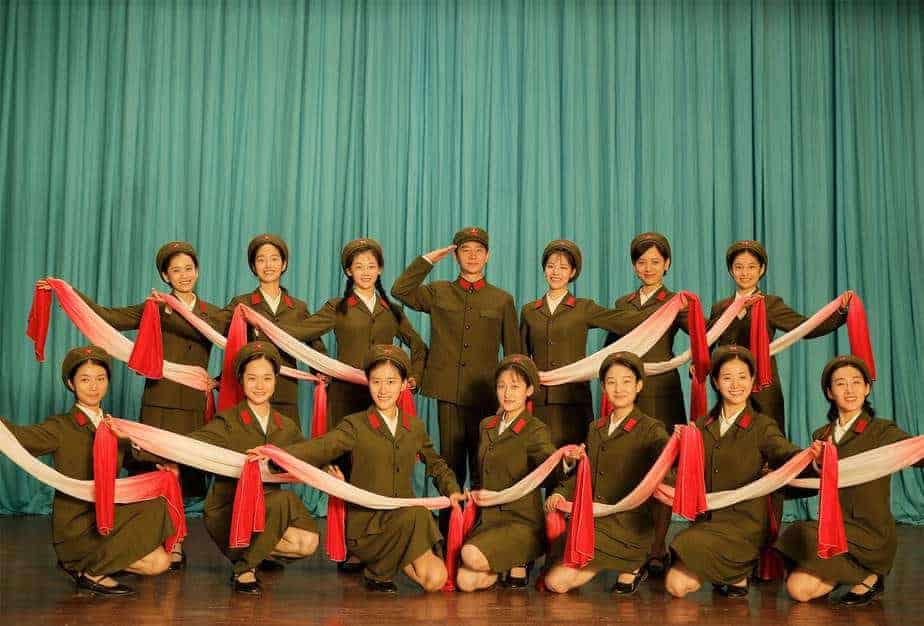The way children or teenagers experience the coming of age is not always an idyllic time in their lives that leads to maturity. As Guo Shang-Sing suggests in “Kong Peh Tshat or: How I Learned to Tell a Lie” the whole concept can be rather brutal, and essentially steer not towards maturity but violence.
“Kong Peh Tshat or: How I Learned to Tell a Lie” review is part of the Submit Your Film Initiative

This is exactly the case for Didi, a country boy who, in order to find solace from the rain, enters a supermarket and decides to take a bottle of water from the fridge, while the owner is nowhere to be found. Through a series of unfortunate occurrences, and the behaviour of an owner lady who borders on being crazy, he ends up in the police precinct, accused of stealing a 1000 bill, which is obvious that it was his own to begin with, since a sketch of a dog he seems to constantly draw, is also upon the paper bill. Barely able to speak, the young boy finds himself accused in the harshest way possible by the owner who is obviously familiar with the police chief, while soon after, his interactions with a man who is arrested for being drunk and rowdy, make things even worse. In the end, Didi is sexually offended, beaten, but finally released. Alas, soon history repeats itself and Didi is not willing to become a victim again.

Despite its somewhat cheerful and playful premises, as dictated by the young boy lying on the fields, and his drawings coming to life in a cartoonish way, “Kong Peh Tshat” is actually a really angry film, that focuses on how people can be misjudged and mishandled by the law and the “respected citizens”, in a concept that Guo seems to state that, inevitably, leads into violence. That Didi, a very young boy, finds himself accused by a shop owner who is obviously half-crazy, and that in the eyes of most of the policemen (one of which is hungover) he is a criminal like any other, speaks volumes about the director's view on society. and the injustices that characterize it. The presence of a man whose age is similar to the one Didi's father probably should have, but who acts like a bully in a number of ways, adds even more to this setting.
The final comment may be a bit harsh and politically incorrect, but the way Guo builds up the moment makes it hard not to “cheer” for the boy. This aspect, in combination with a permeating sense of crudity that characterizes the narrative, makes it clear that, despite having a child as its protagonist, this is definitely not a movie for kids. This element even extends to the otherwise hilarious animation sequences, where the protagonists are a dog and a penis.
Clarissa De Los Reyes's cinematography is quite good as she captures the three different main settings rather differently, but always fittingly. In that fashion, the fields are presented through long and panoramic shots that highlight the beauty of the setting, the police station through close ups that showcase the claustrophobic environment, as Didi experiences it, while the convenience store is presented under a half-lit prism, that gives an ominous hypostasis, essentially that of the thriller.
Wang Min-Chih as Didi gives a performance that is both laconic and eloquent, in contrast to Wa Tien as the shop owner, whose extravagant acting captures the craziness of her character in the best way.
Granted, Guo Shang-Sing may go a bit too far in both the story and the comments, but “Kong Peh Tshat” definitely succeeds in portraying the consequences of injustice in the best fashion, through a film that is also entertaining and visually pleasing.


